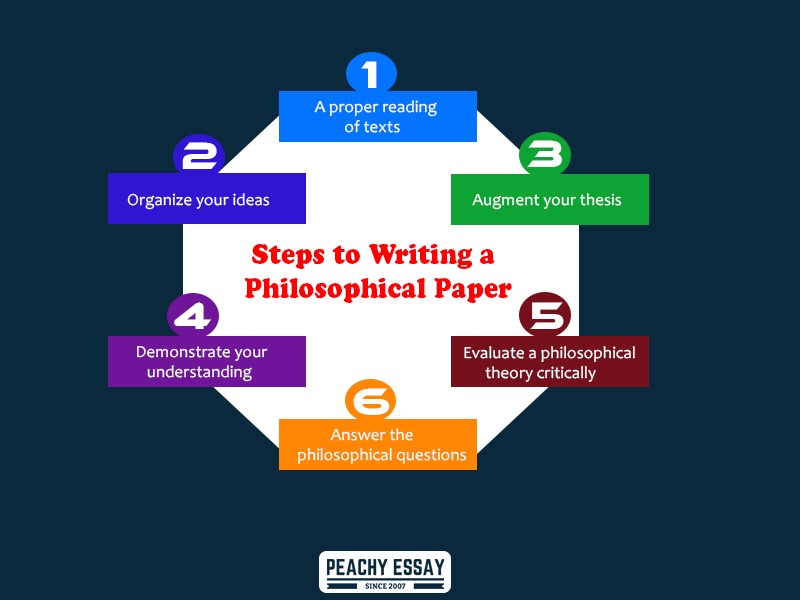In order to analyze a philosophical text, it is necessary to understand the main idea of the text and determine the problem that it is trying to solve. The arguments and evidence found in the text should be critically analyzed in order to draw conclusions about the validity of the text.

how to write a philosophical analysis
Philosophical analysis is the techniques used in the analytic tradition that involve deconstructing or analyzing philosophical issues. To write a philosophical analysis, it is necessary to first introduce the writer or philosopher, and talk about his books, his philosophical tendency, and the motives for writing the text.
Afterwards, the text must be read and understood. The next step is to define the problematic and structure in the analysis of the philosophical text. After that, it is necessary to formulate the problematic of the philosophical text and uncover arguments and evidence. Finally, an investigation of the arguments and logicality of the text with criticism and evaluation must be conducted.

logical analysis in philosophy example
Analytical philosophy, also called logical positivism, was the dominant trend in philosophy during the early 20th century. The analytical approach to philosophy is characterized by its focus on logical and linguistic analysis of philosophical problems. Many of the leading philosophers of the early 20th century, such as Bertrand Russell and Ludwig Wittgenstein, were associated with this movement.

philosophical analysis in education
Philosophical analysis is a key tool in education, as it can help to uncover hidden assumptions and beliefs, as well as to clarify concepts and arguments. By analyzing philosophical texts, teachers can better understand the educational process and what should be achieved with regard to school education.
In addition, philosophical analysis can also be used to examine the content of the curriculum and the teaching objectives and functions of education.
Comments
Post a Comment